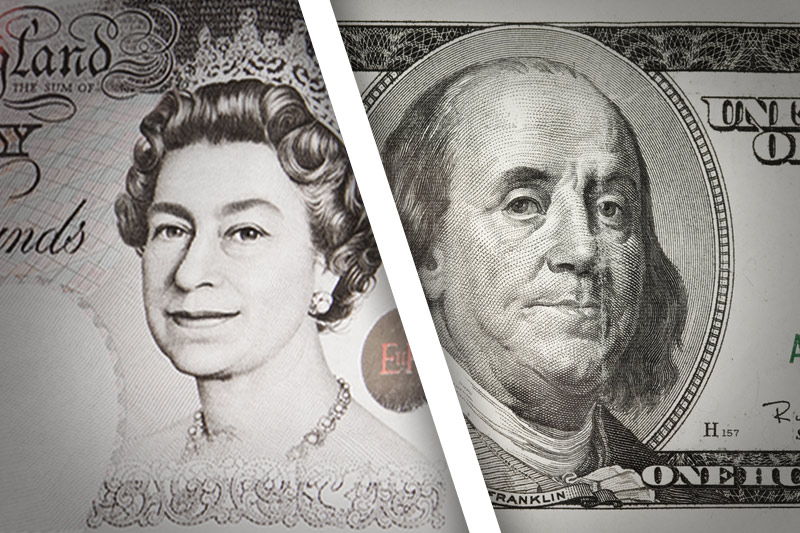Investing.com - The pound slid but held range bound against the dollar on Wednesday on Federal Reserve Chair Janet Yellen's upbeat take on the U.S. economy.
In U.S. trading on Wednesday, GBP/USD was trading down 0.08% at 1.7130, up from a session low of 1.7116 and off a high of 1.7151.
Cable was likely to find support at 1.7060, Tuesday's low, and resistance at 1.7192, Tuesday's high.
Yellen told Senators in a Tuesday hearing that interest rates could rise sooner rather than later if the labor market continues to improve, especially given her observations that small-cap, biotech and other momentum stock valuations appear "stretched" these days, which firmed demand for the greenback.
Yellen was set to appear before the House of Representatives later Wednesday, though the dollar already priced in Fed expectations for rates to rise sooner if the economy improves or remain on hold if slackness persists, while stimulus programs should wrap up around October.
The dollar also firmed on the news that U.S. wholesale prices rose more than expected in June.
The U.S. producer price index rose by 0.4% in June from May, according to the U.S. Bureau of Labor Statistics, beating market calls for a 0.2% uptick.
Core producers prices rose 0.2%, in line with market expectations.
Elsewhere, the Federal Reserve reported that U.S. industrial output rose 0.2% in June, missing consensus forecasts for a 0.4% reading, which capped the dollar's gains.
Meanwhile in the U.K., the Office for National Statistics said that the claimant count, or the number of people claiming unemployment benefit, fell by 36,300 in June, exceeding expectations for a decline of 27,000. May’s figure was revised to 32,800 from a previously reported decline of 27,400.
The unemployment rate declined to 6.5% in the three months to May, from 6.6% in the previous three months.
The robust employment report added to indications that the economic recovery in the U.K. is deepening, fuelling expectations that the Bank of England will hike rates before the end of the year.
However, the report showed that growth in real wages remains weak.
Average weekly earnings, excluding bonuses, rose by an annualized 0.7% in the three months to May, the slowest since record began in 2001. The annual rate of inflation over the same period was 1.6%.
Elsewhere, sterling was up against the euro, with EUR/GBP down 0.23% at 0.7896, and down against the yen, with GBP/JPY down 0.04% at 174.23.
On Thursday, the U.S. to publish reports on initial jobless claims, housing starts, building permits, and the Philly Fed manufacturing index.
